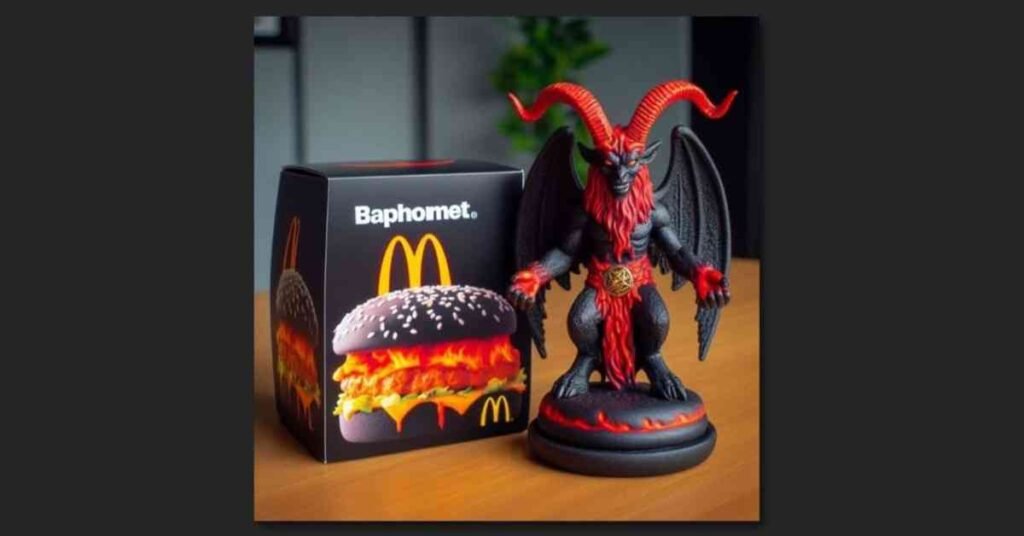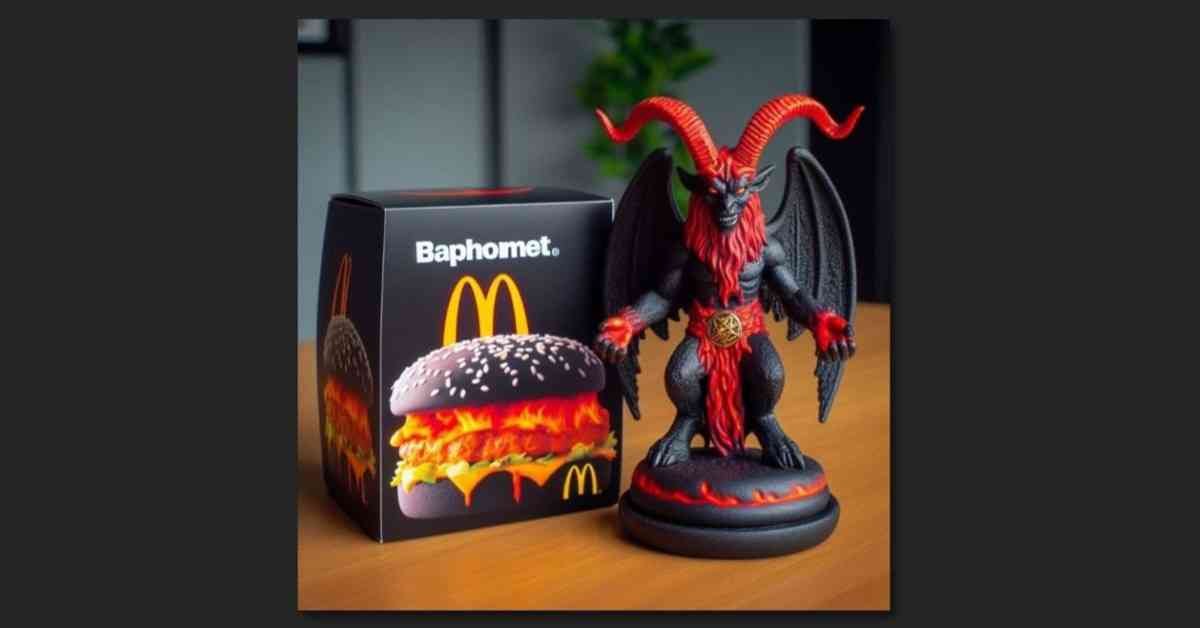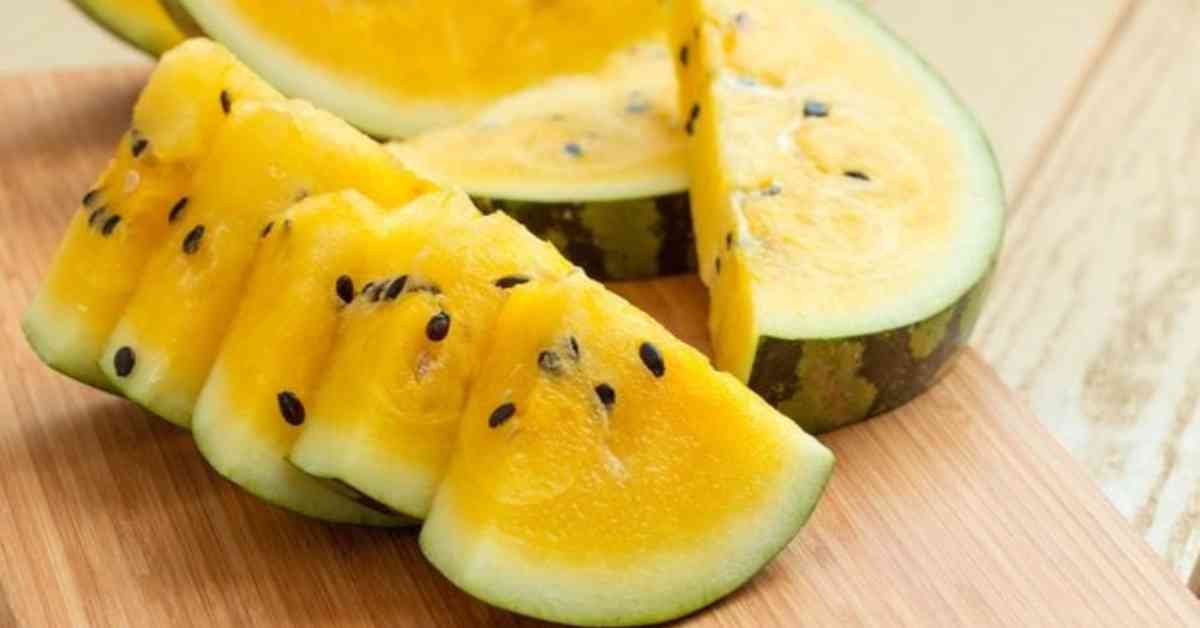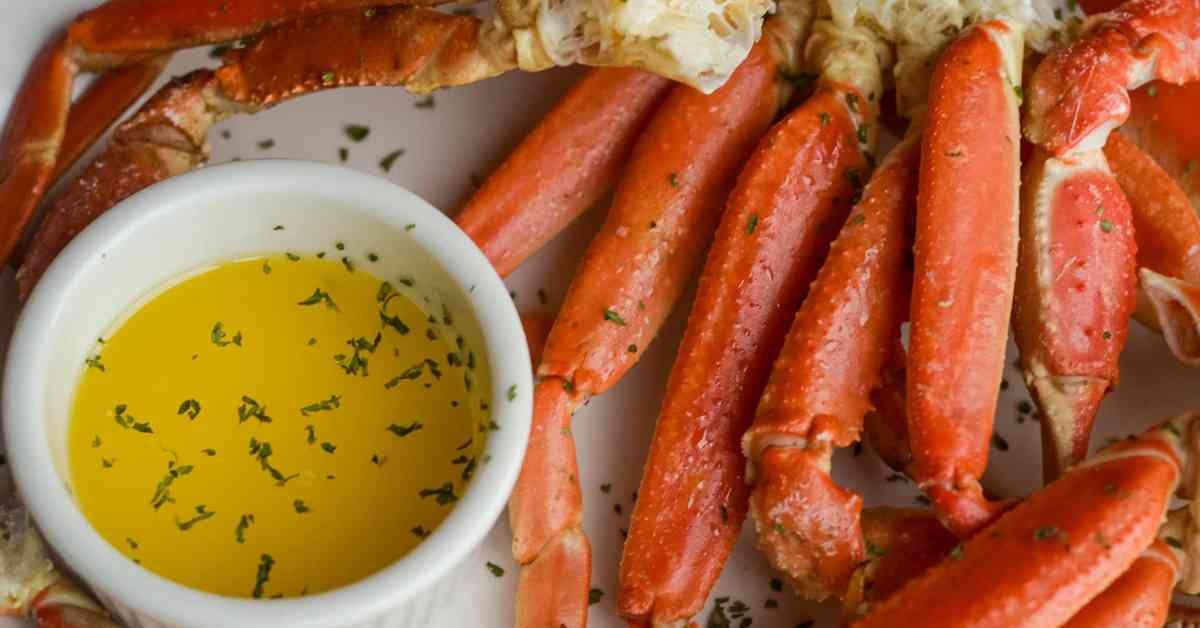Introduction
Devil Happy Meal In the age of social media and digital storytelling, myths and legends can spread like wildfire. One such tale that has piqued the curiosity of many is the “Devil Happy Meal” at McDonald’s. This concept has been the subject of numerous discussions, speculations, and even some conspiracy theories. But what is the Devil’s Happy Meal? Is it a clever marketing gimmick, an urban legend, or simply a misunderstanding blown out of proportion? This article delves deep into the origins, implications, and realities of the Devil’s Happy Meal.
The Origins of the Devil Happy Meal Myth
The legend of the Devil Happy Meal seems to have originated from a blend of online rumors and viral marketing gone awry. Various sources attribute its genesis to a combination of pranksters on social media, speculative blog posts, and the ever-creative internet forums. The notion is that somewhere, McDonald’s had allegedly released a Happy Meal with sinister undertones, featuring imagery or toys related to the devil or occult themes.
Social Media’s Role
Social media platforms like Twitter, Reddit, and Facebook played a significant role in spreading the myth. Hashtags such as #DevilHappyMeal and #McDonaldsConspiracy trended sporadically, with users sharing edited images and fabricated stories about finding these malevolent meals in select locations.
Viral Marketing Gone Wrong?
Some theories suggest that the Devil Happy Meal was a result of a misguided marketing campaign. Companies have been known to push boundaries to create buzz, and it’s plausible that a misunderstood or misinterpreted marketing stunt led to the birth of this legend. However, there is no concrete evidence from McDonald’s confirming such a campaign.
Analyzing the Components of the Myth
The Packaging
One of the critical elements of the Devil Happy Meal myth is its packaging. Allegedly, these meals come in black boxes adorned with eerie, occult symbols instead of the usual bright, child-friendly designs. The iconic Golden Arches are said to be replaced with something more sinister, perhaps a pitchfork or demonic imagery.
The Toys
Another focal point of the myth is the toys included in these meals. Instead of the typical cartoon characters or themed toys, the Devil Happy Meal is rumored to contain figurines of demons, witches, or other occult figures. Some stories even mention Ouija boards or tarot cards as part of the toy lineup.
The Food
Interestingly, the food itself in these myths is rarely discussed. This omission suggests that the shock factor lies primarily in the packaging and toys rather than the food content. However, some tales do mention the use of red-colored sauces or foods to maintain the sinister theme.
The Psychological and Cultural Impact
Fear and Fascination
The Devil Happy Meal taps into a deep-seated fear and fascination with the occult and the unknown. Humans have always been intrigued by what lies beyond the mundane, and the blending of such themes with a beloved brand like McDonald’s creates a potent mix of curiosity and dread.
Urban Legends and Modern Myth-Making
Urban legends have always been a part of human culture, evolving with the times. The Devil Happy Meal is a modern iteration, showcasing how digital platforms can breathe life into new myths. These legends often reflect societal anxieties and serve as cautionary tales, warning against the dangers lurking in seemingly innocent places.
McDonald’s Response
Official Statements
McDonald’s has consistently denied the existence of any Devil Happy Meal. Official statements from the company emphasize their commitment to family-friendly products and experiences. They categorize the rumors as baseless and attribute them to internet hoaxes.
Damage Control
In response to the persistent rumors, McDonald’s has taken steps to reassure their customers. This includes increased transparency in their marketing practices and active engagement with their audience on social media to debunk the myths.
The Power of Internet Hoaxes
The Anatomy of a Hoax
Understanding why and how such hoaxes gain traction is crucial. Internet hoaxes often leverage a combination of shock value, plausibility, and the innate human desire for sensational stories. The Devil Happy Meal fits this mold perfectly, combining the familiar with the forbidden.
The Role of Confirmation Bias
Confirmation bias plays a significant role in the propagation of myths like the Devil Happy Meal. People tend to believe and spread information that aligns with their preexisting beliefs and fears. In this case, the juxtaposition of a beloved fast-food brand with dark, sinister themes creates a compelling narrative that many find hard to resist.
Similar Myths in Popular Culture
The Haunted Video Game
Similar to the Devil Happy Meal, the haunted video game is another popular urban legend. Stories about cursed or haunted games that cause harm to players have circulated for years, demonstrating how the blend of technology and supernatural themes continues to captivate audiences.
The Killer Clown Phenomenon
Another modern myth is the killer clown, which resurfaces periodically, especially around Halloween. Like the Devil Happy Meal, this legend preys on the juxtaposition of innocence (clowns, Happy Meals) with terror.
The Reality of McDonald’s Marketing
Historical Marketing Campaigns
McDonald’s has a long history of creative and, at times, controversial marketing campaigns. From collaborations with blockbuster movies to limited-edition themed meals, the brand is no stranger to pushing the envelope. However, none of their official campaigns have ventured into the realm of the occult.
Family-Friendly Focus
McDonald’s core marketing strategy revolves around creating a family-friendly atmosphere. Their Happy Meals, introduced in 1979, are designed to provide a wholesome experience for children and parents alike, featuring toys from popular children’s franchises and educational materials.
The Cultural Significance of Happy Meals
Childhood Nostalgia
Happy Meals hold a special place in the hearts of many, representing a cherished part of childhood. The myth of the Devil Happy Meal, therefore, strikes at the heart of this nostalgia, creating a stark contrast between innocent memories and sinister imaginings.
Brand Trust
McDonald’s has built a significant amount of brand trust over the decades. The persistence of the Devil Happy Meal myth poses a threat to this trust, highlighting how fragile brand reputations can be in the age of digital media.
Debunking the Myth
Investigative Efforts
Various independent investigations have attempted to verify the existence of the Devil Happy Meal. These efforts typically involve visiting multiple McDonald’s locations, interviewing employees, and scrutinizing the company’s promotional materials. To date, no credible evidence has been found to support the myth.
Expert Opinions
Experts in marketing and urban legends often weigh in on such phenomena. The consensus among these professionals is that the Devil Happy Meal is a classic example of a modern urban legend, amplified by the internet and social media.

Conclusion
The tale of the Devil Happy Meal at McDonald’s is a fascinating case study in modern myth-making. It highlights the power of social media to create and spread urban legends, the psychological appeal of combining the familiar with the forbidden, and the challenges faced by brands in maintaining their reputations in the digital age. While the Devil Happy Meal remains firmly in the realm of fiction, its story serves as a reminder of the intriguing ways in which myths and realities can intertwine in our culture.



